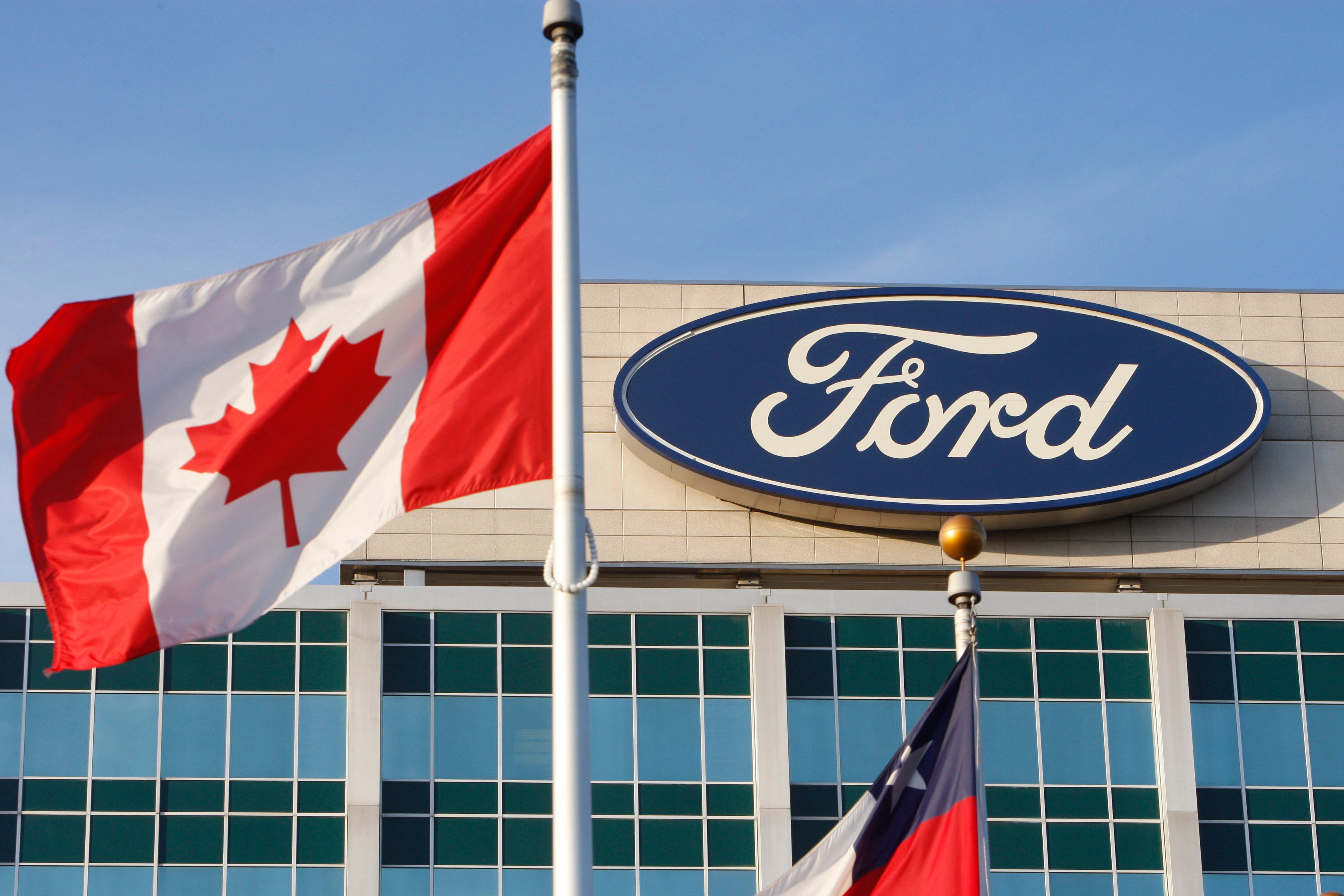Canadian autoworkers ratify new labor agreement with Ford
Canadian autoworkers have ratified a new labor agreement with Ford Motor Co., averting a threatened strike

Your support helps us to tell the story
From reproductive rights to climate change to Big Tech, The Independent is on the ground when the story is developing. Whether it's investigating the financials of Elon Musk's pro-Trump PAC or producing our latest documentary, 'The A Word', which shines a light on the American women fighting for reproductive rights, we know how important it is to parse out the facts from the messaging.
At such a critical moment in US history, we need reporters on the ground. Your donation allows us to keep sending journalists to speak to both sides of the story.
The Independent is trusted by Americans across the entire political spectrum. And unlike many other quality news outlets, we choose not to lock Americans out of our reporting and analysis with paywalls. We believe quality journalism should be available to everyone, paid for by those who can afford it.
Your support makes all the difference.Canadian autoworkers ratified a new labor agreement with Ford Motor Co. on Sunday, averting a threatened strike and potentially setting a precedent that could play out in the United Auto Workers' strike at automaker facilities in the U.S.
The new agreement raises base hourly pay for production workers by almost 20% over three years, and by more than 25% for trade workers, the Canadian autoworker union Unifor said. It also gives permanent workers a $10,000 bonus and adds a cost-of-living adjustment, a mechanism that adjusts wages in line with inflation.
Ford described the pact as a 15% wage increase over the three year life of the agreement. But, according to the union, that figure doesn't include compounding of each annual increase or the initial cost-of-living increase, both of which should increase workers' actual pay.
Ford did not immediately respond to a request for clarification.
It's been one week since the United Auto Workers launched historic work stoppages against major car makers. The UAW’s targeted strikes against General Motors, Stellantis and Ford began after the union’s contract with the companies expired at midnight on Sept. 14. At the time, 13,000 workers walked out of three assembly plants.